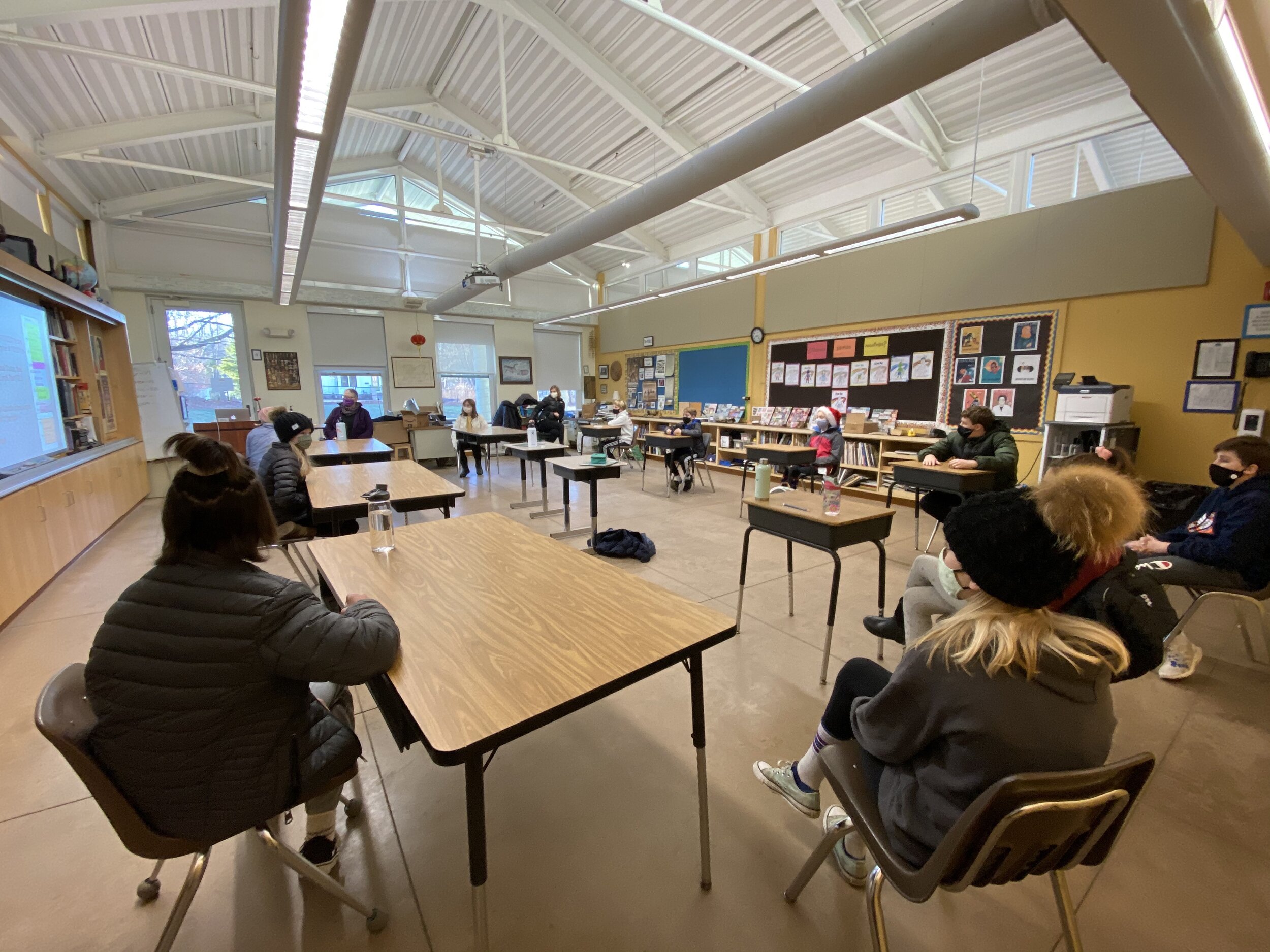Navigating Discomfort with Grace + Strength
Bringing Authenticity to 6th Grade Life Skills
Perfectionism is probably not the first thing a person thinks of when they are thinking about Diversity, Equity, and Inclusion. It certainly was not for me. However, after a 3-day intensive clinic around this work, I started to recognize its significance in my role as a teacher, colleague, and human being. Moreover, I saw how perfectionism was hindering my follow through of DEI instruction in the classroom.
As a counselor, one area I deal with most regularly is helping students to recognize that perfectionism is an ideal. It does not exist and it does not define who we are as learners. Yet, when it came to hearing my own words, I failed to employ them into my own work and lifestyle.
It was not until I realized that teaching students about equality and justice was not about doing it perfectly but rather as simple as embracing my responsibility to do so that mattered most. It was not about teaching the students with all the answers in my back pocket. It was not about counting how many times I would likely say the wrong thing. It was not about the twinge of discomfort I would inevitably feel when a student asked me a question that I had no answer for. It was about discussing topics that elicited these results anyway and forging through despite the challenge.
I knew how important it was to model what a “life long learner” looked like in the classroom when I taught different disciplines like foreign language or life skills. However, not having all the answers in those areas did not feel embarrassing or shameful. Lacking the capacity to fully understand what it feels like to be discriminated against because I have lived a privileged life of opportunity does feel shameful, never mind embracing that reality in front of a group of my students. Isn’t my job to make life more comfortable for these kids, rather than more UNcomfortable?
What I learned from my professional development, and from the colleagues with whom I participated in that experience, is twofold:
It is not my job to teach students how to avoid discomfort but rather how to navigate it with grace and strength.
It is my job to model what that journey looks like through authentic teaching in the classroom.
One of the most significant take-aways from my work with the DEI task force this year has been about the privilege to choose. My ability to choose to remain comfortable by avoiding conversations around race that “out” my privilege as a white woman is counterproductive. It is not how I want to define myself as an educator, as a mother, and especially as a citizen in this world.
In 6th grade Life Skills we talk about the above ideas - equality, fairness, feeling different, feeling the same each week. Our conversations extend beyond race and skin color to gender identity and socio-economic status as well. The mission is to create a safe space for the students to share their ideas and not be embarrassed to admit and question what they do not understand. The practice of reciprocal conversation seems to be a dying exchange. I want the kids to understand that it is only through this sharing of thoughts and ideas that we learn and grow. And they are doing just that; learning and growing.
When 6th graders were asked if their definition of social justice has changed since the beginning of the year they said:
“Yes because I actually look at the problems in the world and see why it's wrong and look at both sides of the problem.”
“I’ve definitely learned more about social justice in the past three months than I’ve learned in my life.”
And when students were asked what social justice means to them they had the following to say:
“For me social justice revolves around the word fairness, social justice is being fair to EVERYONE, not just some people. Social justice is treating all people with kindness and respect. Social justice is recognizing all people’s needs.”
“It means fairness between everyone, or treating everyone the same and giving everyone the same opportunities.”
“Social justice to me means that everyone deserves equal rights whether it’s economic, political or social, and that people are treated equally for the decisions they make about those things.”

